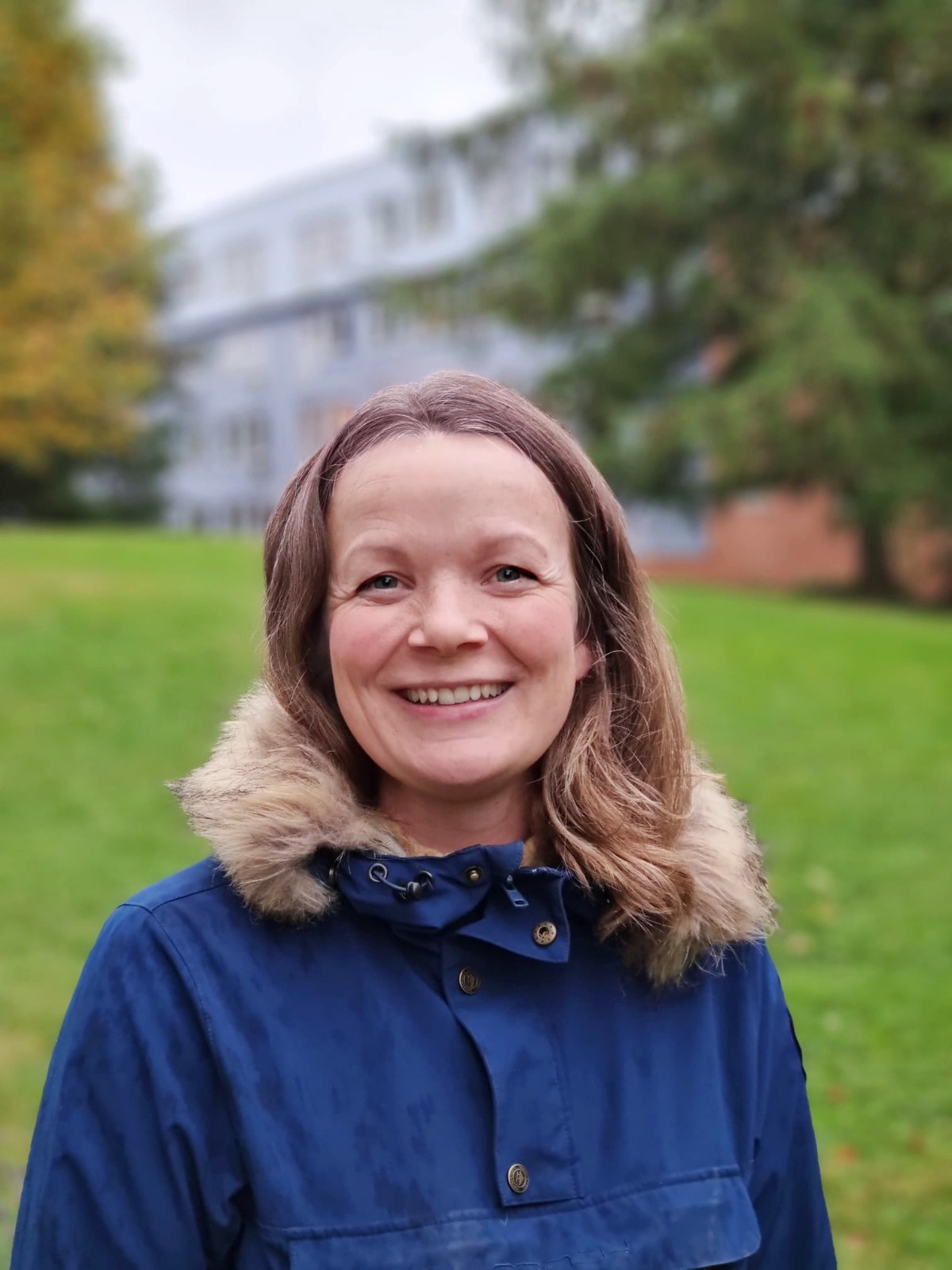Abstract:
The effective climate sensitivity (EffCS) estimates the near-surface temperature increase due to a doubling of the atmospheric carbon dioxide (CO2) concentration and has become a widely used metric to characterize potential global warming. Cloud feedback, with considerable contribution from marine boundary layer clouds over the Southern Ocean (SO), has been identified as the main source to the spread and the increase in EffCS in the Earth System Models participating in CMIP6.
Here we use two such models, the Community Earth System Model version 2 (CESM2) and the CESM2 based Norwegian Earth System model version 2 (NorESM2) which have different EffCS (5.3 and 2.5 K respectively). These models have a different description of the ocean, but are very similar in all other model components. This similarity is evident in forced SST experiments which reveal that given the same SST pattern CESM2 and NorESM2 would exhibit a similar amount of warming.
We show how fundamental differences in the SO circulation and redistribution of the heat taken up by the ocean control the SO cloud response, ultimately delaying the global surface warming in NorESM2 by several centuries in comparison to CESM2. We argue that NorESM2 on multi-centennial time scales is a high-EffCS model, but the potential for greenhouse gas (GHG)-induced warming in NorESM2 is not fully captured in the first 150 years generally used for EffCS analysis, including the assessment reports from the the Intergovernmental Panel on Climate Change (IPCC).
Further, we find that of 41 CMIP6 models, those with a low EffCS also exhibit substantial deep SO warming. Our results demonstrate that the spread in cloud feedback and the deep SO warming are not independent sources of uncertainty, but intertwined responses of a coupled system. The observed slow surface but fast subsurface SO warming supports the notion of SO control over EffCS. This study has been published in Nature Geosciences, 10.1038/s41561-021-00825-x

Short biography:
- Research interests: atmosphere-ocean coupling, climate sensitivity (or the lack of it), Arctic amplification
- Researcher at the division for climate modelling and air pollution at the Norwegian Meteorological Institute
- part of the Norwegian Earth System Model (NorESM) development team
- PhD from the University of Oslo on heat transport in the atmosphere and ocean
Arranged date for the seminar talk: Oct 19, 2021 at 14:15. via zoom.
If you want to attend the seminar online, please send a short message to Laura.Dietrich@uib.no
